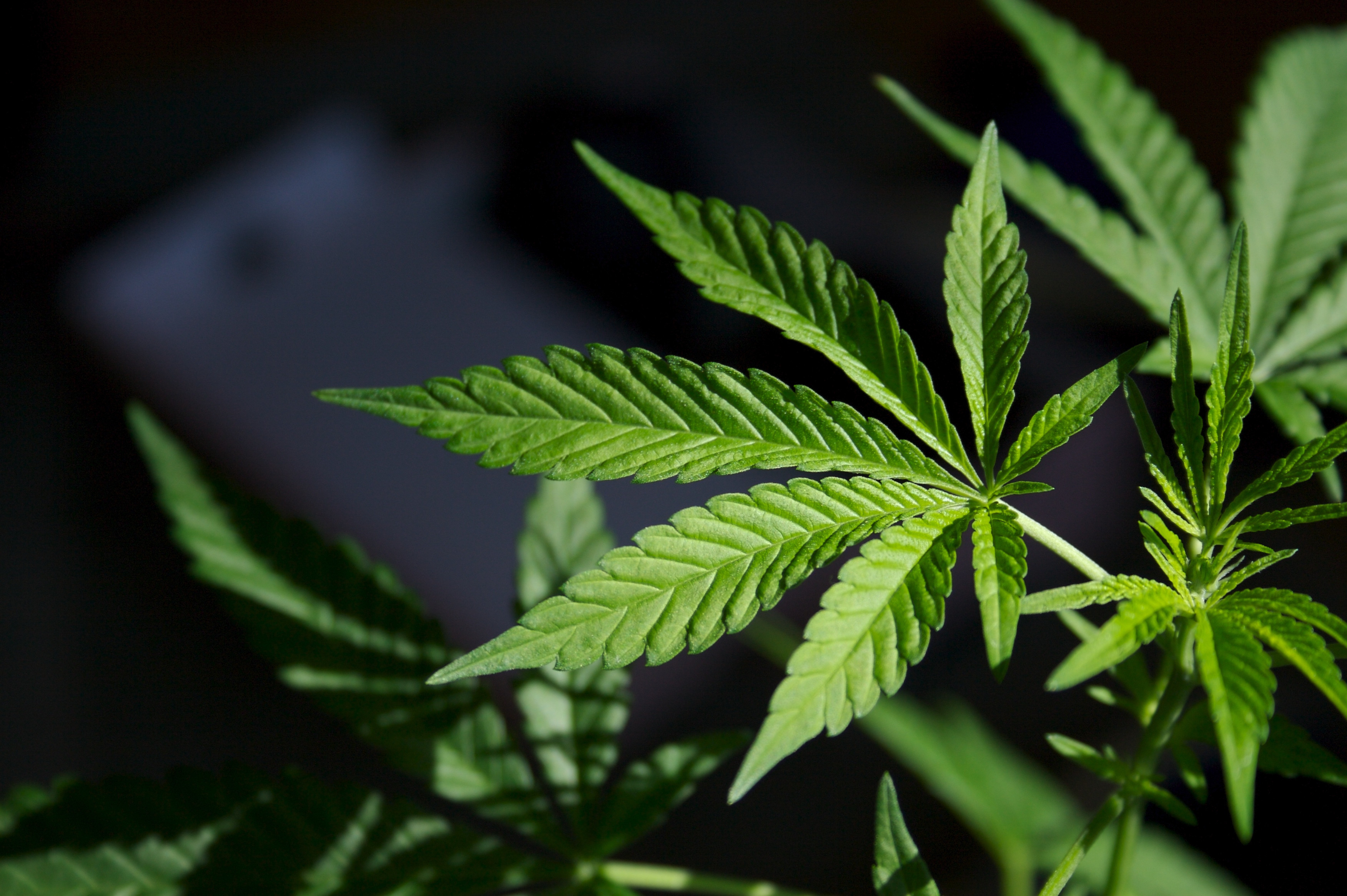Shedding Light on What Medical Cannabis Can Cure: a Comprehensive Evaluation of Its Healing Characteristics
In recent years, there has actually been a growing passion in the therapeutic possibility of medical cannabis. While unscientific proof abounds, a thorough evaluation of the scientific information regarding the efficiency of clinical marijuana in treating these conditions is necessitated.
Chronic Discomfort Monitoring
Chronic discomfort management stays a vital facet of treatment, requiring a detailed approach for effective therapy. Over the last few years, clinical marijuana has actually arised as a prospective restorative alternative for people experiencing persistent discomfort conditions. The endocannabinoid system, which plays an important role hurting inflection, has been targeted by cannabis-based therapies to minimize symptoms and improve lifestyle for people.

Additionally, medical marijuana uses an appealing choice for individuals who experience excruciating side impacts from traditional discomfort medications. Its capacity to deal with discomfort with a various system makes it a beneficial addition to the toolbox of therapies readily available for chronic discomfort management.
Epilepsy Therapy Potential
Clinical cannabis has actually shown encouraging capacity in the treatment of epilepsy, offering a novel restorative strategy for handling seizures in clients. Epilepsy is a neurological disorder defined by persistent seizures, influencing individuals of any ages. Typical treatments for epilepsy include antiepileptic medications, however these medicines might not work for all clients and can have significant negative effects.
Research study on making use of medical marijuana for epilepsy has actually exposed encouraging results. Cannabidiol (CBD), a non-psychoactive compound located in cannabis, has been specifically highlighted for its anticonvulsant homes. Researches have shown that CBD can minimize the frequency and seriousness of seizures in clients with treatment-resistant forms of epilepsy, such as Dravet syndrome and Lennox-Gastaut syndrome.
Additionally, the FDA has actually accepted a CBD-based drug, Epidiolex, for the therapy of seizures associated with these serious kinds of epilepsy. This milestone highlights the growing recognition of clinical cannabis as a valuable healing choice for managing epilepsy and provides wish for patients that have not responded well to traditional treatments.
Nausea Or Vomiting Alleviation Conveniences
The reduction of nausea or vomiting via using marijuana has actually been increasingly recognized for its therapeutic benefits in different medical conditions. Nausea or vomiting and vomiting are typical signs and symptoms experienced by clients undergoing chemotherapy, those with food poisonings, and people with persistent discomfort conditions. Clinical marijuana, with its energetic substances such as THC and CBD, has actually shown guarantee in offering remedy for nausea.

Moreover, clinical cannabis offers an all-natural alternative for people that do not link react well to typical anti-nausea medications or who experience extreme negative effects from these medicines. Patients going through radiation treatment, specifically, have actually reported significant improvements in their lifestyle when using cannabis to manage nausea or vomiting. As research study around remains to expand, medical marijuana is increasingly being considered as a beneficial alternative for queasiness relief in various clinical settings.
Anxiety Decrease Results
Studies have actually demonstrated the potential of marijuana in lowering stress and anxiety signs and symptoms via its interaction with the endocannabinoid system. The endocannabinoid system plays a critical duty in managing emotions, consisting of stress and anxiety, by keeping homeostasis in the body. Cannabinoids in cannabis, such as THC and CBD, engage with the endocannabinoid receptors in the mind, particularly the CB1 and CB2 receptors, to regulate anxiety-related responses.

Clients with problems like generalised anxiety condition (GAD), social anxiety disorder, and trauma (PTSD) might take advantage of the anxiolytic buildings of marijuana (Medical Marijuana Doctor Clinton MS). Additional study is needed to determine optimum dosages, delivery techniques, and long-term effects on stress and anxiety monitoring.
Possible for Swelling Control
With its known anti-inflammatory homes, cannabis has actually shown promise in potentially regulating swelling within the body. Swelling is the body's natural response to injury or infection, yet when it comes to be persistent, it can add to various illness such as arthritis, inflammatory digestive tract illness, and even cardiovascular disease. Research recommends that the cannabinoids found in marijuana, such as THC and CBD, can help manage the immune response and lower swelling.
Research studies have actually shown that cannabis can interact with the endocannabinoid system, which plays a vital duty in regulating visit here swelling. By targeting the cannabinoid receptors, marijuana compounds can regulate the immune reaction, bring about a decline in inflammation degrees. This makes cannabis a prospective candidate for taking care of inflammatory problems where traditional therapies have dropped brief.
In addition, cannabis-derived products like CBD oil have actually gained appeal for their anti-inflammatory residential properties, with several people using them as an all-natural solution for conditions related to swelling. While more study is required to totally comprehend the mechanisms behind cannabis's anti-inflammatory effects, present searchings for reveal appealing outcomes for the possible use medical cannabis in managing inflammation.
Final Thought
In conclusion, clinical cannabis has shown appealing therapeutic residential or commercial properties in taking care of chronic discomfort, treating epilepsy, alleviating queasiness, decreasing anxiety, and regulating inflammation. Its potential advantages in numerous clinical conditions highlight the value of additional research study and expedition into its medicinal usage. The evidence suggests that medical marijuana might be a beneficial choice treatment choice for clients seeking remedy for a variety of signs and conditions.
In recent years, medical cannabis has actually arised as a prospective therapeutic alternative for people experiencing from persistent pain conditions.Medical cannabis has shown encouraging capacity in the therapy of epilepsy, offering a novel restorative approach for handling seizures in patients. As research in this location proceeds to expand, clinical marijuana is significantly being taken into consideration as a beneficial alternative for queasiness alleviation in various clinical settings.
In final thought, clinical cannabis has shown encouraging healing residential properties in handling persistent pain, treating epilepsy, relieving nausea or vomiting, lowering anxiousness, and regulating inflammation. The proof suggests that medical cannabis might be a valuable option therapy alternative for patients seeking relief from a variety of problems and signs and symptoms.